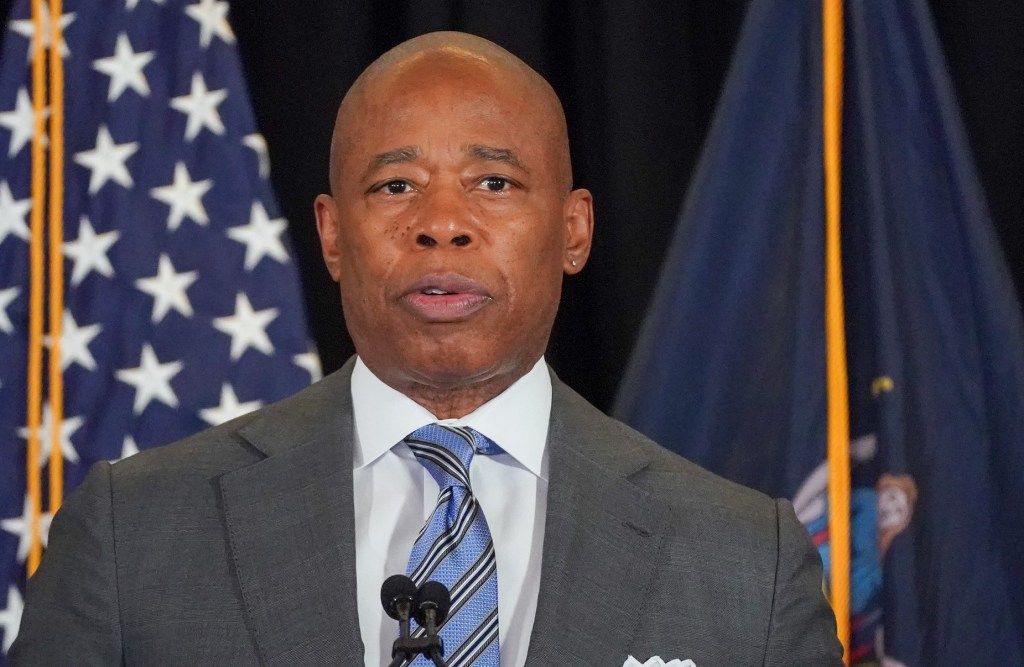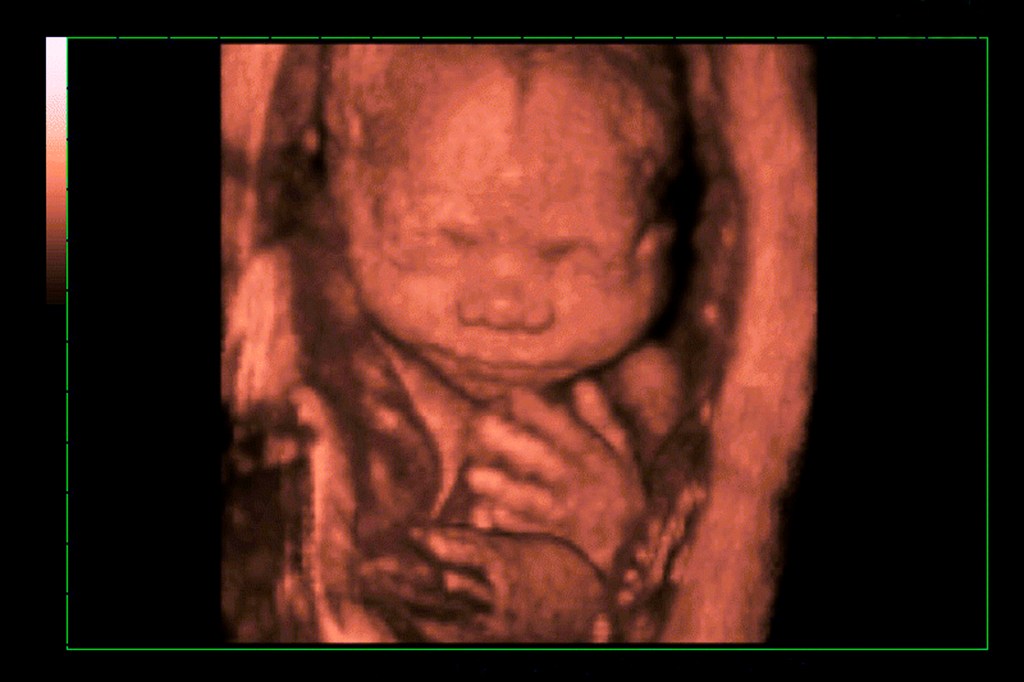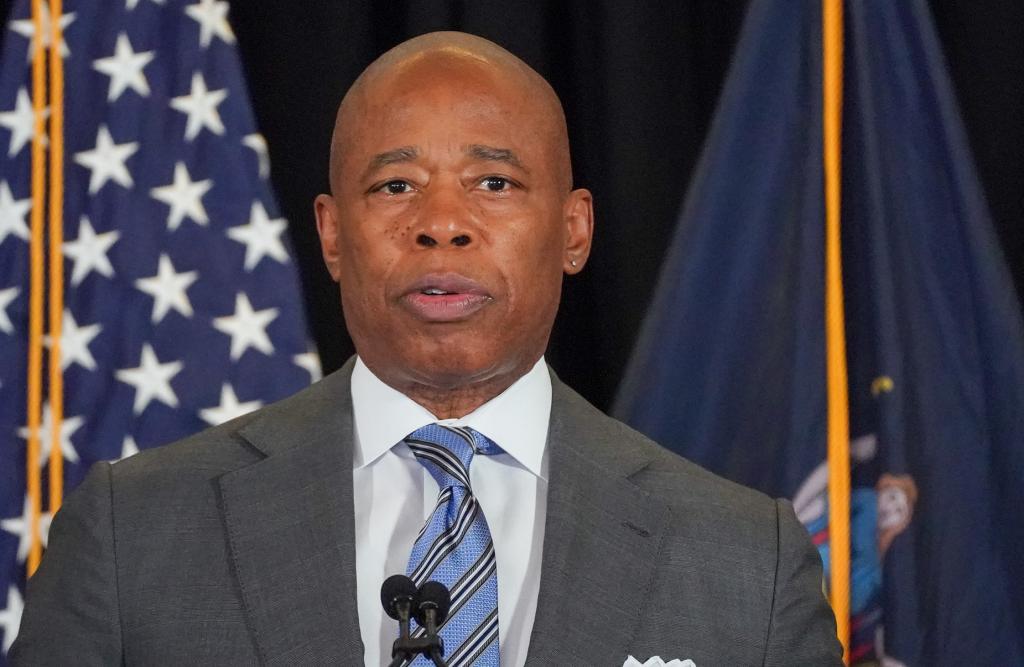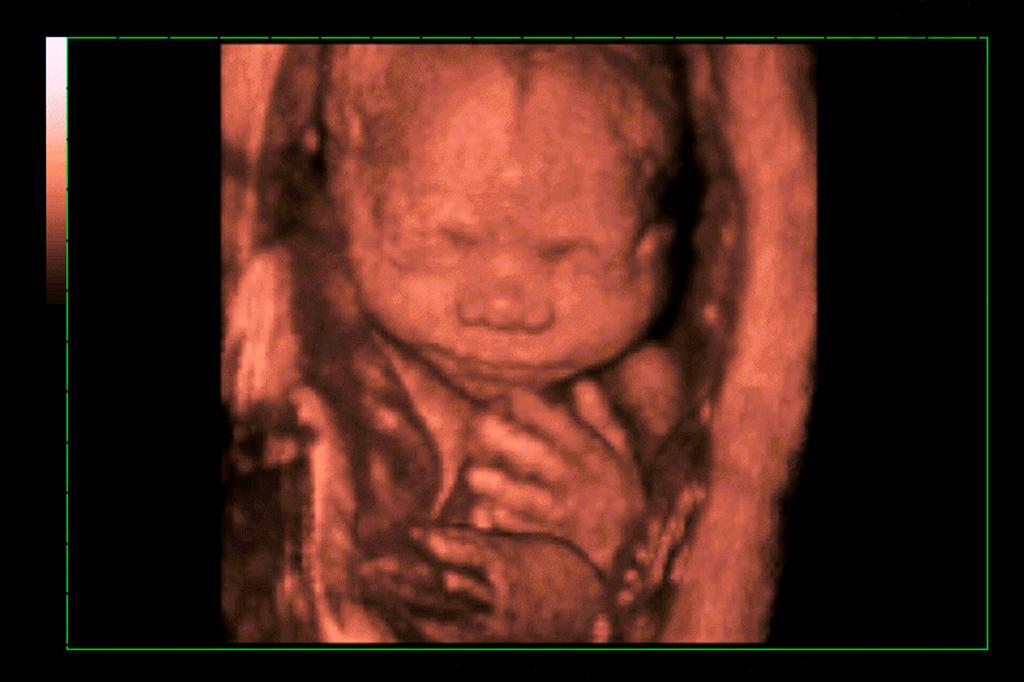NYC scraps requirement that later-term aborted fetuses be treated as ‘human remains’
Contact The Author
The New York City Department of Health has scrapped a requirement that fetuses aborted at or after 24 weeks be considered “human remains” and sent to funeral homes for burial or cremation.
The 24-week mark is generally considered the point of potential viability to survive early birth and until the rule change, it was mandatory to send such late-term aborted fetuses to funeral homes for burial or cremation.
Medical facilities will now instead be allowed to dispose of the “conceptus” — the term used by the health department — on premises, as is the case for earlier term aborted fetuses, relieving the patient or family of the responsibility and cost.
“The Department is proposing to amend the Health Code Articles 203 and 205 to eliminate the requirement that any conceptus that has completed 24 or more weeks of gestation be disposed of as human remains,” a department summary of the rule change reads.
“Disposition as human remains would remain available upon request by those who desire burial or cremation.”
Abortion opponents argued that eliminating the right to a burial for a viable fetus is just another example of devaluing life.
“This is horrible. They’re treating human beings like trash,” said Jeaane Head, a retired registered nurse who has served as the National Right to Life Committee’s representative to the United Nations.
“It’s infanticide. They don’t want mothers to know they killed their baby. ”
Keep up with today's most important news
Stay up on the very latest with Evening Update.
Thanks for signing up!
But health officials said patients should not be forced to pay for funeral expenses following a later term abortion, already a wrenching experience for many pregnant women.
The department also emphasized burial is still an option if the family chooses under the rule change.
About 2% of abortions in the city occur after 21 weeks, according to the most recent data.
“This is inequitable. It’s costly. People need to call a funeral director … and pay for a burial or cremation,” the department’s chief epidemiologist Gretchen Van Wye said during a recent Board of Health meeting
“It’s very traumatic to people. This is a matter we don’t think the government needs to be involved in. This is something for the patient and provider to talk about,” she said.
The Board of Health unanimously approved the change after a brief discussion.
“This is about an individual’s medical decision and removing a burdensome and costly requirement from the health code. How someone decides to proceed after making such a personal medical decision should not be dictated by the government,” said DOH spokesman Patrick Gallahue.
Doctors who provide reproductive care lauded the city for eliminating the burial rule.
“People should be able to access abortion care when they need it, in their communities, and without restrictions,” said Dr. Erinma Ukoha, a maternal fetal medicine specialist in New York and fellow with Physicians for Reproductive Health.
“I applaud New York City’s leadership in responding to the real needs of people accessing later abortion care,” Ukoha said. “As a physician who provides care to people navigating these often complicated and unforeseen circumstances, I am comforted that individuals and families will be able to make the decision that is best for them.”
Ukoha said in too many states politicians impose “medically unnecessary barriers” preventing patients from getting the “compassionate abortion care” they need.
“The NYC Board of Health’s decision to remove the burdensome, inequitable disposition requirement for people accessing later abortion care is an important step in the right direction,” she said.
She noted the option is still available for patients who want a burial or cremation for the fetus.
New York and some other liberal states have taken action to bolster abortion rights and care after the Supreme Court in 2022 overturned the 49-year-old landmark Roe v. Wade decision that legalized the termination of pregnancy throughout the US.
States now set up their own policies and conservative states have imposed restrictions on abortion.
In contrast, the Big Apple was out front in offering abortion pills and kits to patients after the ruling.





